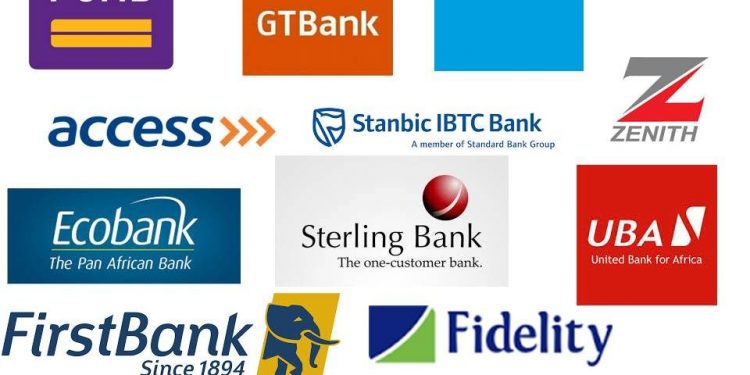The Nigerian banking industry witnessed a substantial increase in total credit, with a rise of N4.54 trillion or 17.40% recorded by the end of April 2023 compared to the same period in 2022. This surge in credit reflects the industry’s improved funding base and adherence to the Central Bank of Nigeria (CBN)’s Loan to Deposit Ratio (LDR) directive.
According to experts, the sector’s total gross credit grew from N26.10 trillion in April 2022 to N30.64 trillion in April 2023, driven by both business strategies and competition. This significant credit expansion was primarily observed in key sectors of the economy, including oil and gas, manufacturing, general commerce, and government.
Sanusi Aliyu, a member of the Monetary Policy Committee (MPC), revealed this information in his personal statement during the last meeting in May 2023. The Central Bank of Nigeria released the statement on Monday, highlighting the continued upward trend in total credit to the economy since 2019, following the implementation of the LDR policy.
The growth in credit availability signifies the positive impact of the CBN’s efforts to stimulate economic activity through increased lending. By enforcing the LDR directive, which mandates banks to maintain a certain level of loans relative to their deposits, the CBN has successfully encouraged financial institutions to extend credit to productive sectors of the economy.
The banking system stability review report further indicated that the Capital Adequacy Ratio (CAR) stood at 12.8% in April 2023, surpassing the regulatory minimum of 10%. Additionally, the liquidity ratio remained at 45.3%, above the regulatory requirement of 30%.
These figures reflect the resilience and stability of the Nigerian banking system, which plays a vital role in supporting economic growth and development. The increase in credit availability provides businesses with the necessary funding to expand their operations, invest in new ventures, and drive job creation.















